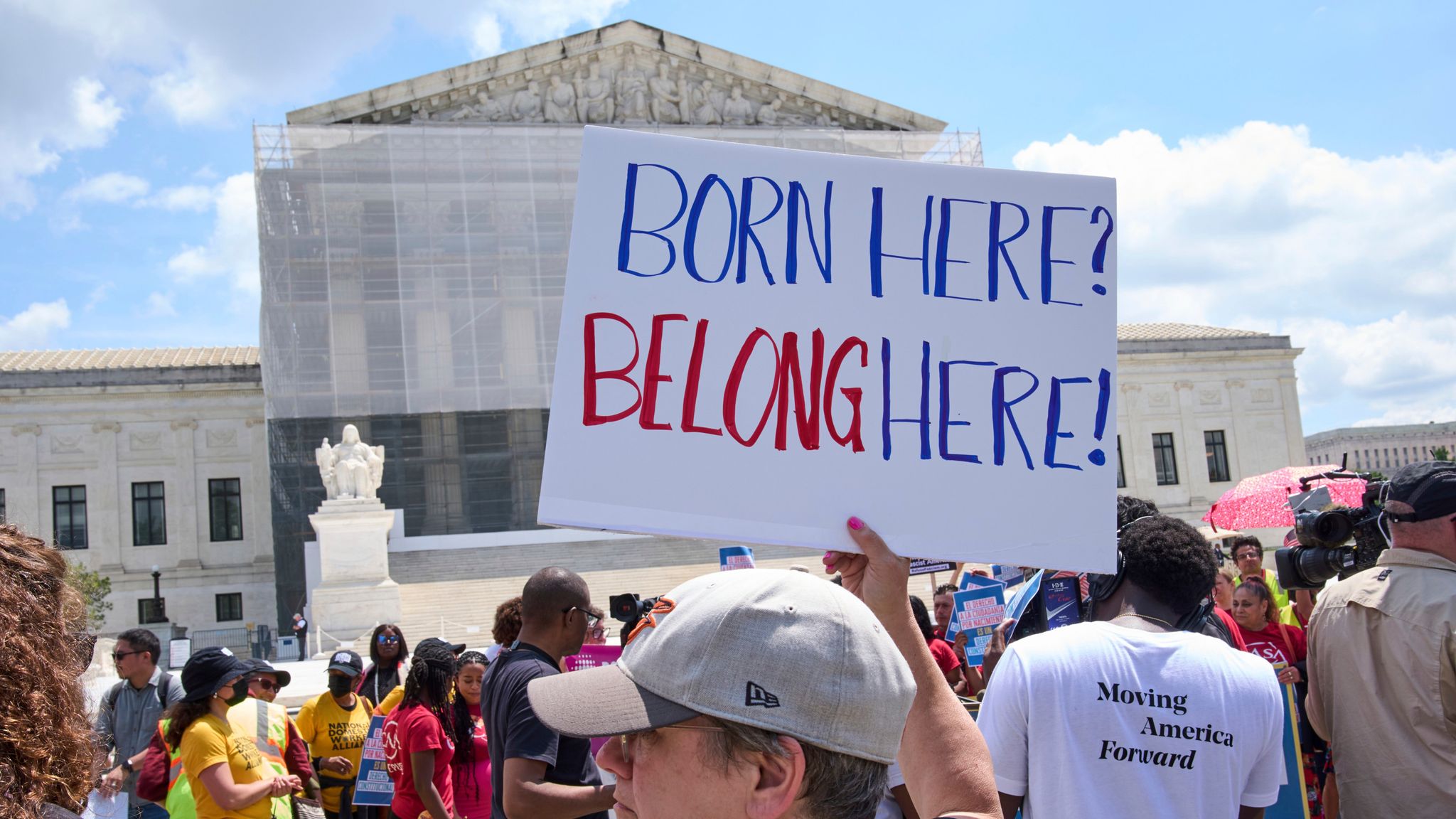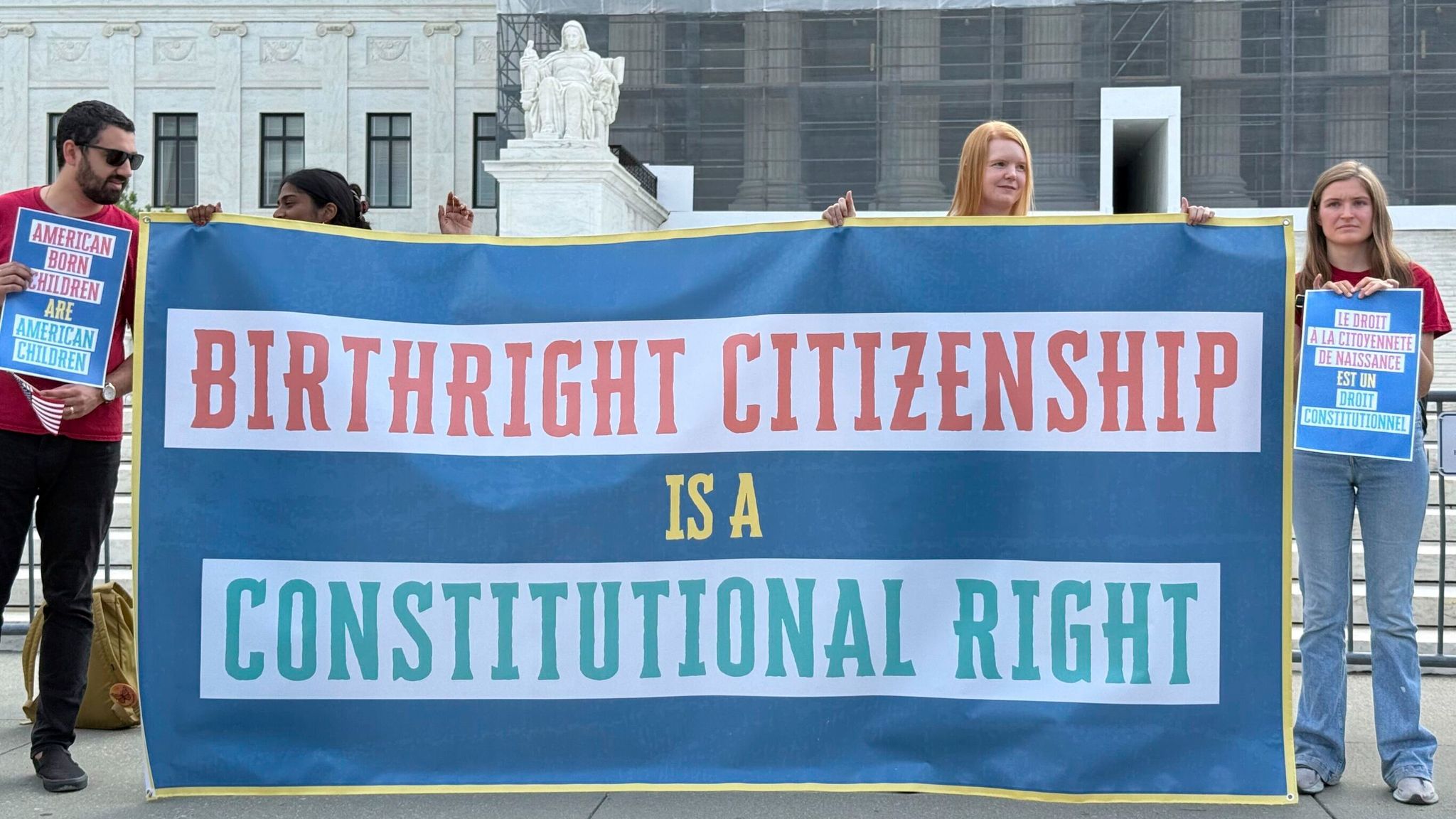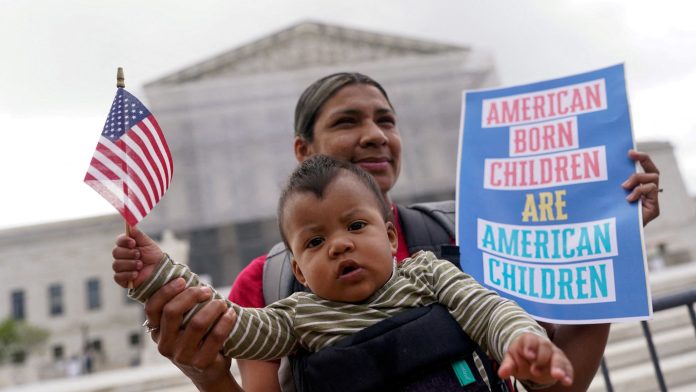The US Supreme Court has ruled to limit the ability of federal judges to issue nationwide injunctions. The case centres on President Donald Trump’s attempt to restrict birthright citizenship for children born to non-citizens.
Although the decision does not immediately enforce the policy, it instructs lower courts to reconsider the broad scope of their previous rulings.
Challenges to birthright citizenship rights in the US
In January, on his first day back in office, President Trump signed an executive order aimed at ending automatic citizenship for most children born on US soil to non-citizens. The move challenged long-standing interpretations of the 14th Amendment, which currently grants birthright citizenship to nearly all individuals born in the United States.
Multiple lawsuits quickly followed. District courts responded by blocking the order with nationwide injunctions, effectively halting its implementation across the country.
President Trump calls It a “Giant Win”
President Trump welcomed the Supreme Court’s decision during a White House press conference, describing it as a “giant win”. He criticised certain judges for what he saw as an overreach of judicial power, arguing that the presidency should not be constrained by broad legal blocks imposed by individual courts.
He further claimed that the birthright citizenship provision was designed for a different era, originally intended to secure rights for the children of enslaved people. According to him, the clause is now being exploited.
“It wasn’t created for short-term visitors,” he stated. “It was meant to protect the children of slaves. Today, hundreds of thousands are taking advantage of it to gain citizenship.”

Wider implications and ongoing disputes
Alongside the citizenship issue, the president touched on a number of other topics. He mentioned the possibility of renewed military action against Iran if its nuclear programme continues. He also announced new trade tariffs and confirmed that the US had secured mineral rights in the Democratic Republic of Congo. Additionally, he noted that Congo and Rwanda plan to sign a peace agreement at the White House.
The Supreme Court’s 6–3 ruling followed ideological lines, with conservative justices forming the majority. President Trump appointed three of them during his previous term, helping to shape the current balance of the court. Nevertheless, not all rulings have supported his policies.
Importantly, the court did not assess whether the proposed restriction on birthright citizenship is lawful. Instead, the decision focused solely on whether judges should be allowed to block federal policies nationwide, rather than issuing narrower, case-specific rulings.

Nationwide injunctions have become a frequent point of tension between courts and the executive branch. President Trump’s administration, in particular, has faced repeated legal challenges over immigration, government restructuring, and civil service policies. This latest ruling could limit how broadly future courts are able to apply legal blocks against executive actions.
